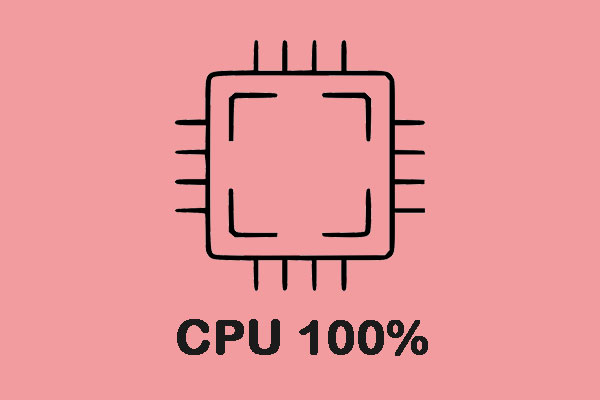The orange light on motherboard may indicate some issues with your computer. What causes the issue? How to fix the issue? This post from MiniTool tells you how to fix the orange light on motherboard.
The motherboard is the key component of a computer system, connecting all the hardware components. However, some users see an orange light on motherboard.
Depending on whether the orange light is static or blinking, it can indicate different types of problems. If it’s solid, it’s probably related to the RAM, while a blinking orange light indicates a problem with the power supply.
There are several reasons for the “orange light on motherboard” issue.
- Hardware Malfunctions
- Power is not enough
- Computer is overheating
- BIOS/UEFI issues
- Motherboard is damged
- RAM is incompatible
- …
How to Fix Orange Light on Motherboard
Then, we will introduce how to fix the “orange light on motherboard” issue.
Fix 1: Clear CMOS
CMOS is a tiny chip on the motherboard that holds all BIOS settings and system configuration information. Clearing CMOS will reset all configurations to default. This can help fix issues with the orange light triggering due to incorrect BIOS setup or configuration.
All you need to do is find the CMOS battery on the motherboard and remove it. After removing the battery, just leave it out for a few minutes (5 minutes or so) and then place it back in its slot.
For more detailed steps, refer to this post – How to Clear CMOS? Focus on 2 Ways.
Fix 2: Check the Power Supply
Make sure that enough power supplies are installed in the computer to power every component connected to the motherboard. Insufficient or faulty power supplies may trigger voltage fluctuations, causing the orange light to come on.
Always choose a good power supply to protect against any type of power surge that could damage the motherboard and trigger the error light.
Fix 3: Check RAM
Make sure your RAM fits evenly in the sockets on the motherboard. A bad connection between the RAM and the motherboard socket can cause beeps or error lights. Make sure that all other components are connected to the motherboard.
Fix 4: Check CPU
If you have checked RAM and it’s working fine, it’s time to check the CPU. To do this, you should remove the CPU cooler and check for any thermal paste left on the CPU. If there is, you should remove it with rubbing alcohol and a lint-free cloth.
Visually inspect the CPU for any signs of damage. If you see any bent pins, there is a problem with the CPU. If the CPU is damaged, it needs to be replaced.
Fix 5: Update BIOS
In many cases, orange light issues are caused by an incomplete BIOS upgrade or a corrupted BIOS itself. Therefore, a clean update to the BIOS may overwrite corrupt or incomplete files. To update your BIOS, you have to visit your motherboard manufacturer’s official website, and then search for your motherboard model to find if there are any new BIOS updates.
MiniTool ShadowMaker TrialClick to Download100%Clean & Safe
Final Words
Here is all the information about the orange light on motherboard. If you have any other useful solutions to this issue, let us know by leaving a comment below.

